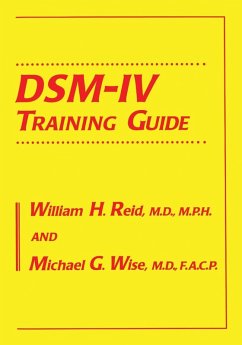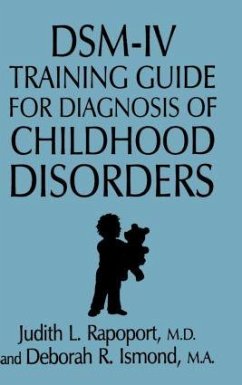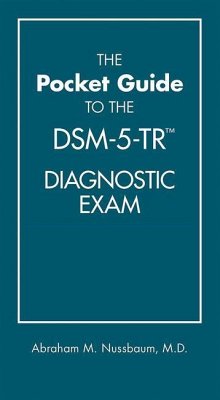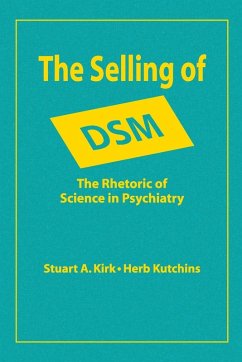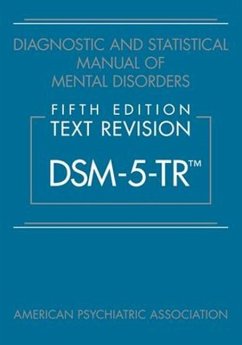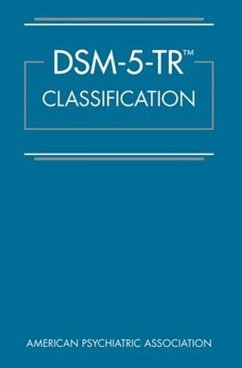
DSM-IV Training Guide
Versandkostenfrei!
Versandfertig in 1-2 Wochen
161,99 €
inkl. MwSt.
Weitere Ausgaben:

PAYBACK Punkte
81 °P sammeln!
The DSM-IV Training Guide assists thousands of mental health professionals in their understanding and application of the multiaxial evaluation system. Whether used by clinicians as a step-by-step guide in understanding and applying the DSM-IV, or as a training resource for individuals, groups, or students, the DSM-IV Training Guide includes many new features not found in any other volume, making it an indispensable companion to the DSM-IV.




